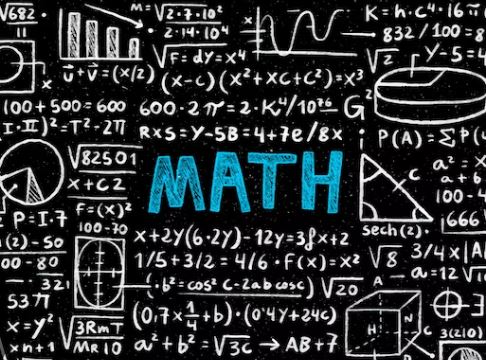Optimizing Success: 10 Tips on Crafting a Math Study Schedule That Works

Optimizing Success: Crafting a Math Study Schedule That Works
For students navigating the world of mathematics, an effective study schedule is the compass that guides them toward academic success. In this article, we will explore the importance of a well-structured math study plan and provide practical insights into creating a schedule that maximizes learning and understanding.
Understanding the Significance of a Study Schedule:
A study schedule is more than just a timetable; it is a strategic plan that allocates time for focused learning, practice, and review. By organizing study sessions, students can ensure consistent engagement with mathematical concepts, ultimately enhancing retention and performance.
1. Assess Your Current Understanding:
Before crafting a study schedule, it's essential to assess your current understanding of mathematical topics. Identify strengths and weaknesses to tailor your study plan accordingly. This self-awareness sets the foundation for a targeted and efficient schedule.
2. Prioritize Topics Based on Importance:
Not all mathematical concepts carry the same weight. Prioritize topics based on their importance, relevance to upcoming assessments, and their foundational role in understanding more advanced concepts. This approach ensures that crucial areas receive adequate attention.
3. Break Down Study Sessions:
Long study sessions can lead to burnout and decreased effectiveness. Break down your study sessions into manageable chunks, typically ranging from 25 to 45 minutes, followed by short breaks. This technique, known as the Pomodoro Technique, helps maintain focus and prevent mental fatigue.
4. Establish a Consistent Routine:
Consistency is key when it comes to effective studying. Set specific times for your math study sessions and stick to them as closely as possible. A consistent routine helps condition the mind for focused learning during those dedicated hours.
5. Incorporate Different Study Techniques:
Variety in study techniques keeps the learning process dynamic and engaging. Combine activities such as reading textbooks, solving problems, creating flashcards, and teaching concepts to solidify understanding. Experiment with different methods to discover what works best for you.
6. Allocate Time for Practice Problems:
Active practice is essential for mastering mathematical concepts. Dedicate a significant portion of your study schedule to solving problems. This hands-on approach reinforces theoretical knowledge, enhances problem-solving skills, and builds confidence.
7. Reserve Time for Review:
Regularly review previously covered material to reinforce learning and identify any areas that may need additional attention. A well-structured study schedule includes designated review sessions to consolidate knowledge and ensure long-term retention.
8. Utilize Technology for Efficiency:
Incorporate technology to streamline your study process. Educational apps, online resources, and interactive software can provide additional practice problems, explanations, and real-time feedback, making your study sessions more efficient and effective.
9. Stay Flexible and Adapt:
While consistency is crucial, it's also important to remain flexible. Life can be unpredictable, and unexpected events may disrupt your schedule. Be prepared to adapt and make necessary adjustments to ensure you stay on track with your math study plan.
10. Seek Support and Collaborate:
Don't hesitate to seek support from teachers, classmates, or online communities. Collaborating with peers can provide different perspectives, insights, and helpful strategies that contribute to a more well-rounded study experience.
Conclusion:
Crafting a math study schedule that works is a personalized journey. By incorporating these strategies, students can develop a routine that aligns with their learning style, optimizes their study sessions, and propels them toward mathematical success. Remember, a well-organized study plan is not just about the quantity of time spent studying but the quality of the learning experience. With dedication and a strategic approach, any student can unlock their full potential in the realm of mathematics.
Page Views : 688

